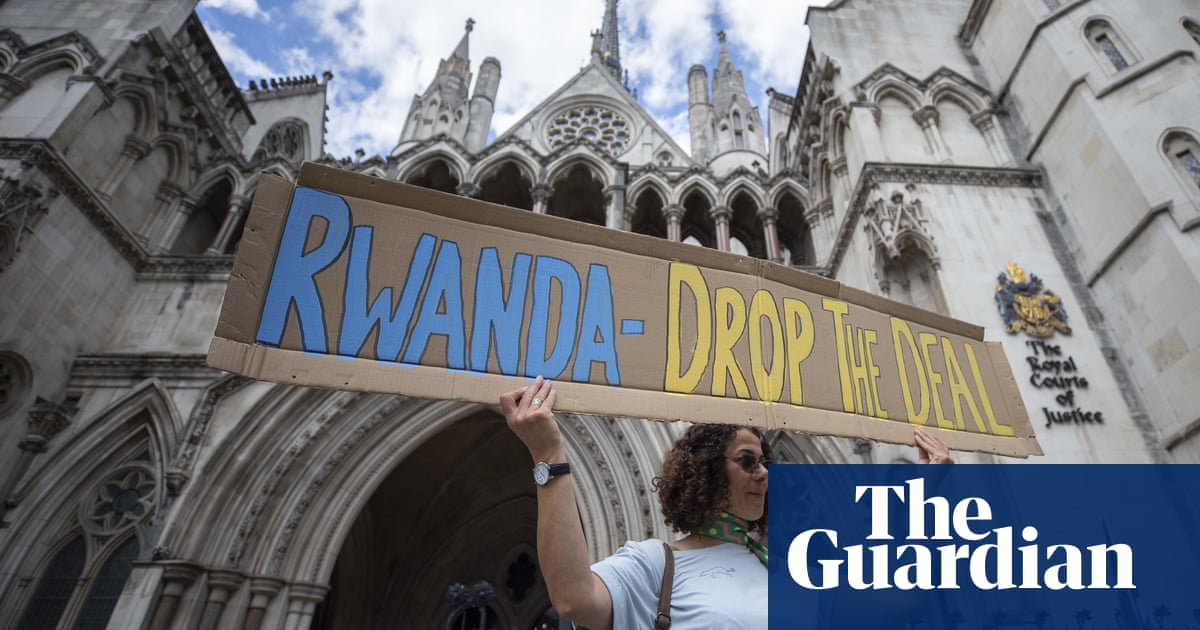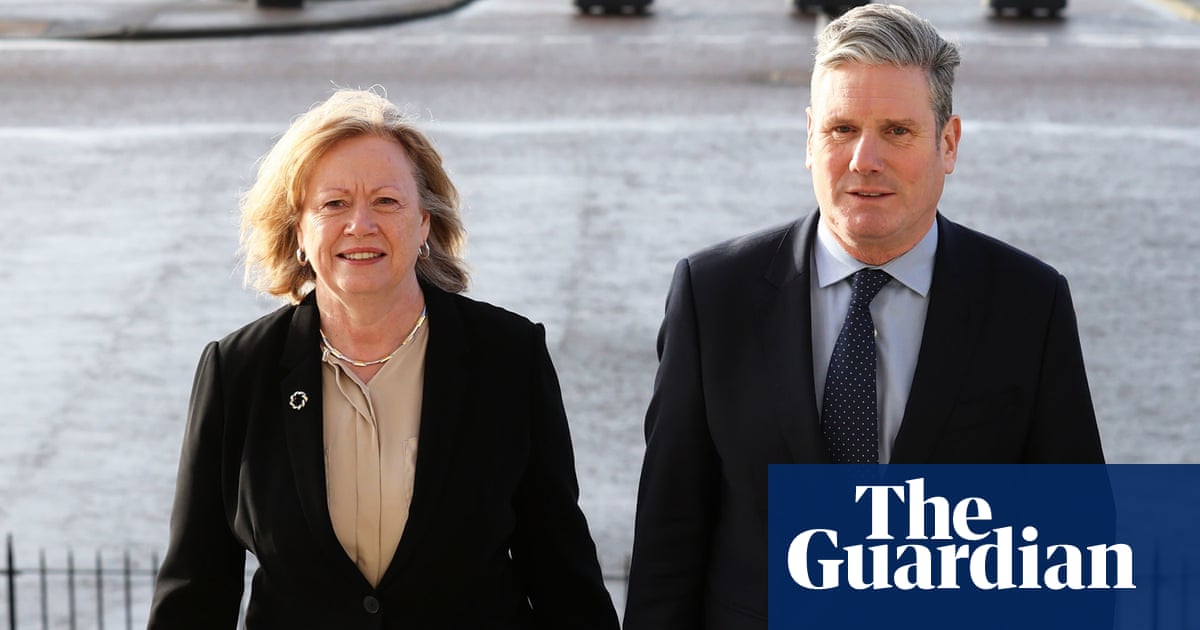
“Britain is not remotely a corrupt country,” declared the prime minister in Glasgow this week. So what did he mean by remotely? He had just been accused of selling peerages to party donors. In 2006, Boris Johnson called such abuses of the House of Lords a “putrefaction … a quintessentially British crime”. Back then it was Tony Blair he was attacking. We know Johnson’s ethics vary depending on the situation – but the hypocrisy of this is still blatant.
Members of the House of Lords must have yawned at headlines that donors who gave £3m to the Conservative party had been offered peerages. What was new? They were all aware that Britain has long been the only democracy in the world where membership of the national parliament is up for sale. This has been the case since David Lloyd George’s day, and is so despite the Honours (Prevention of Abuses) Act of 1925 having outlawed it. Party leaders simply break the law.
Yet no member of the political establishment will admit to this, because cases erupt under every regime. Michael Foot as Labour leader in 1980 privately confessed that when he nominated his first Labour peer, his chief whip, Michael Cocks, was aghast: “But none of them has any money.” At least 25 of Blair’s 292 peers were party donors. In 2006, Blair was the first prime minister to be interviewed by the police under the 1925 act, but the Crown Prosecution Service later admitted there was insufficient evidence for a prosecution. The same omertà this week forced a hapless Tory minister, Anne-Marie Trevelyan, to defend Johnson by implying that it was mere coincidence that so many “great philanthropists” to whom he had given peerages happened to be Tory donors. This was like Moscow calling it coincidental that so many foes of Vladimir Putin happened to come down with food poisoning.
In 2015, an Oxford University survey found that between 2005 and 2014, under Blair, Gordon Brown and David Cameron, 303 peers had been created, boosting Lords membership close to an obscene 800. This made it the biggest assembly in the world outside Beijing. The report recorded that in that time 92 of these peers had given £338m to the three main political parties, almost all from just 27 millionaires. The Lords is not just an upmarket Thames-side retirement club but the principle sump from which British party politics is lubricated. It is perhaps significant that not one of the last five prime ministers has deigned to go near the place.
Britain is a parliamentary rather than a presidential democracy, with the Commons acting as the absolute sovereign. The Lords, a relic of ancient hereditary rule, is mere icing on parliament’s cake. It contains some of the wisest and most experienced voices in the land, whose contribution to public debate is invaluable, and serves as a partial check on the Commons. Yet those voices must do so in a chamber inflated by patronage and corruption, where 92 individuals are still present by virtue of birth. No one involved has any interest in reform, not party treasurers eager for cash, nor MPs dreaming of retirement. nor, it seems, even reputable peers embarrassed by the company they must keep.
Johnson may be right that Britain is not “corrupt” in comparison with some states. But as Transparency International puts it, corruption is “the abuse of public power for private gain”. The British state is corrupt in, among other things, planning decisions, ministerial access, defence contracts and the regulation of international money. The corridors of Westminster are awash in lobbyists with free passes. Why else would firms pay MPs and peers thousands of pounds as “consultants”, if not in the expectation of government favour? We still await accountability on billions of public money squandered on non-competitive Covid contracts, including to “friends” of peers and MPs. Ostensibly, this looks like the most monumental case of corruption in British history.
The case for Lords reform is beyond argument. The chief obstacle is the absence of a mechanism for change. In the 1960s, a great age of reform, royal commissions served as non-partisan forums in which to negotiate proposals. Governments came to dislike such commissions as somehow infringing upon their sovereignty. In the 2010s Cameron and Nick Clegg came near to a coalition compromise on a new second chamber but funked it at the last minute.
There have been copious reports on Lords reform over past decades. Increasingly, opinion has moved away from electing peers, which would leave control of membership to the party machines. Election is the privilege of the Commons. Some have suggested a chamber whose members are drawn from the nations and regions of an emergent federal Britain, and from occupations and interests that have been chosen because they will be likely to contribute to public debate. Its powers would be limited, but not nonexistent.
Such a chamber cannot be hard to envisage. In fact, there seems no better moment for it: refurbishment is about to move the Lords into a temporary home, hopefully outside London. The price of its return to Westminster should be reform. As for the rich who merely want the title of lord, why not sell it openly? As the newspaper baron Lord Northcliffe said when offered a peerage: “When I want one, I will buy it like an honest man.”
Simon Jenkins is a Guardian columnist












